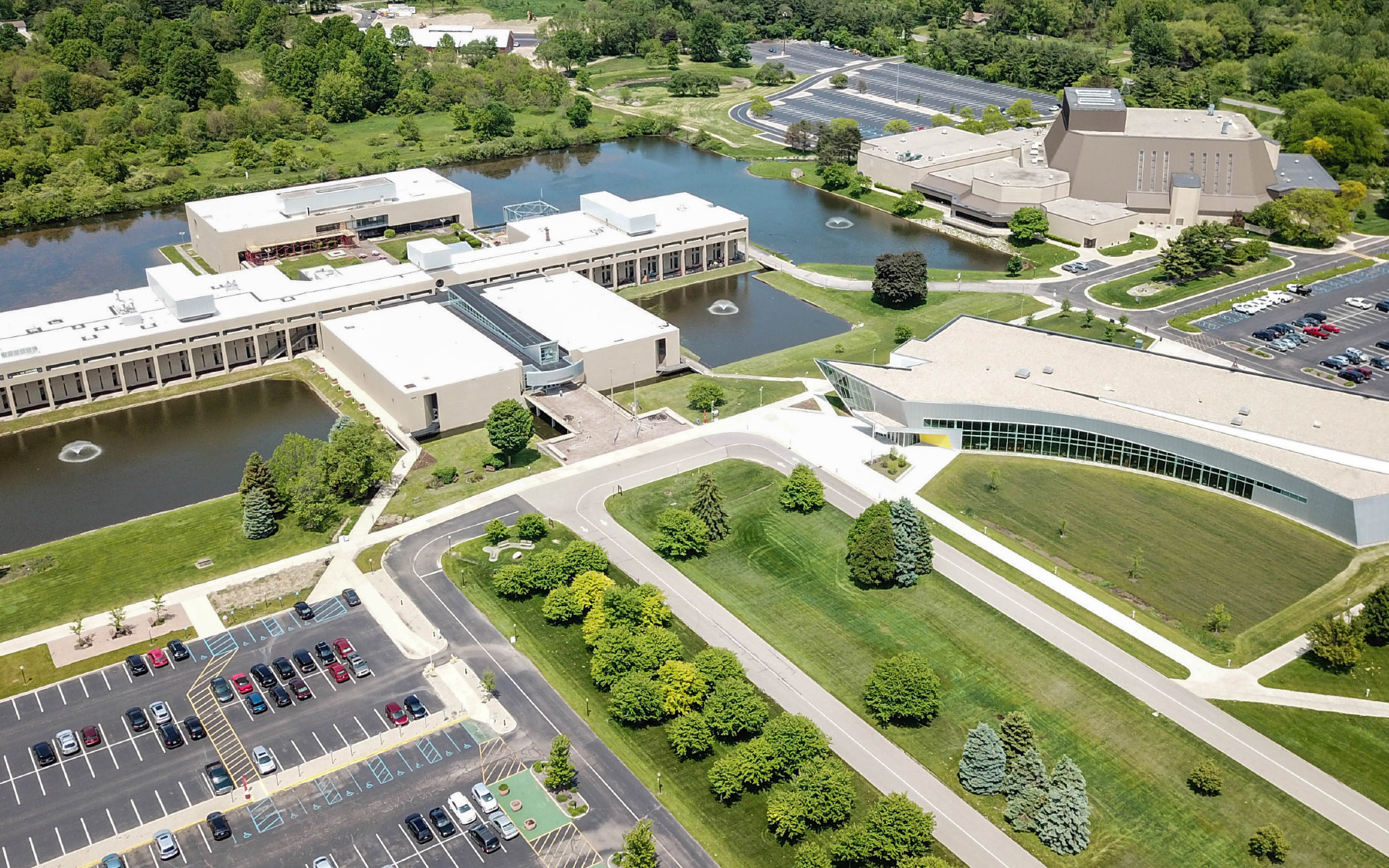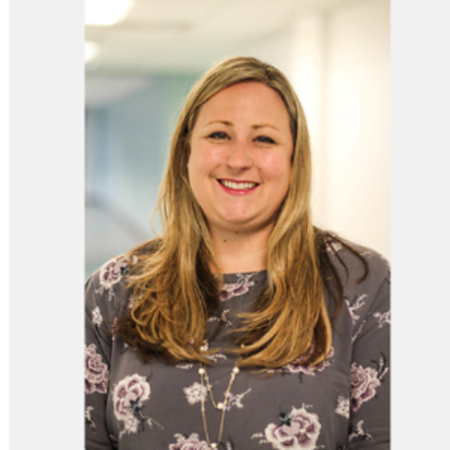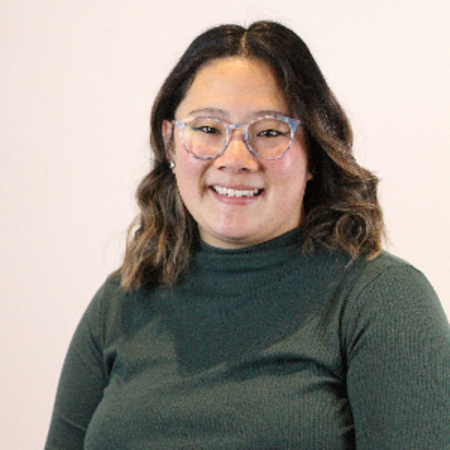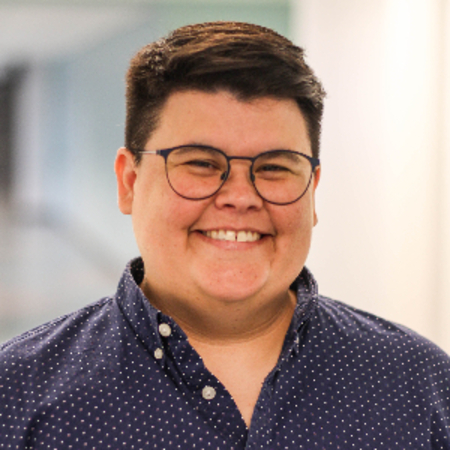The following question and answers are excerpts from: Students with Disabilities Preparing for Postsecondary Education: Know Your Rights and Responsibilities, U.S. Department of Education, September 2007. View the full publication.
As a student with a disability leaving high school and entering postsecondary education, will I see differences in my rights and how they are addressed?
Yes. Section 504 and Title II protect elementary, secondary, and postsecondary students from discrimination. Nevertheless, several of the requirements that apply through high school are different from the requirements that apply beyond high school. For instance, Section 504 requires a school district to provide a free appropriate public education (FAPE) to each child with a disability in the district’s jurisdiction. Whatever the disability, a school district must identify an individual’s educational needs and provide any regular or special education and related aids and services necessary to meet those needs as well as it is meeting the needs of students without disabilities.
Unlike your high school, however, your postsecondary school is not required to provide FAPE. Rather, your postsecondary school is required to provide appropriate academic adjustments as necessary to ensure that it does not discriminate on the basis of disability. In addition, if your postsecondary school provides housing to nondisabled students, it must provide comparable, convenient, and accessible housing to students with disabilities at the same cost.
Do I have to inform a postsecondary school that I have a disability?
No. But if you want the school to provide an academic adjustment, you must identify yourself as having a disability. Likewise, you should let the school know about your disability if you want to ensure that you are assigned to accessible facilities. In any event, your disclosure of a disability is always voluntary.
What academic adjustments must a postsecondary school provide?
The appropriate academic adjustment must be determined based on your disability and individual needs. Academic adjustments may include auxiliary aids and services, as well as modifications to academic requirements as necessary to ensure equal educational opportunity. Examples of adjustments are: arranging for priority registration; reducing a course load; substituting one course for another; providing note takers, recording devices, sign language interpreters, extended time for testing, and, if telephones are provided in dorm rooms, a TTY in your dorm room; and equipping school computers with screen-reading, voice recognition, or other adaptive software or hardware.
In providing an academic adjustment, your postsecondary school is not required to lower or substantially modify essential requirements. For example, although your school may be required to provide extended testing time, it is not required to change the substantive content of the test. In addition, your postsecondary school does not have to make adjustments that would fundamentally alter the nature of a service, program, or activity, or that would result in an undue financial or administrative burden. Finally, your postsecondary school does not have to provide personal attendants, individually prescribed devices, readers for personal use or study, or other devices or services of a personal nature, such as tutoring and typing.
If I want an academic adjustment, what must I do?
You must inform the school that you have a disability and need an academic adjustment. Unlike your school district, your postsecondary school is not required to identify you as having a disability or to assess your needs.
Your postsecondary school may require you to follow reasonable procedures to request an academic adjustment. You are responsible for knowing and following those procedures.
When should I request an academic adjustment?
Although you may request an academic adjustment from your postsecondary school at any time, you should request it as early as possible. Some academic adjustments may take more time to provide than others. You should follow your school’s procedures to ensure that the school has enough time to review your request and provide an appropriate academic adjustment.
Do I have to prove that I have a disability to obtain an academic adjustment?
Generally, yes. Your school will probably require you to provide documentation showing that you have a current disability and need an academic adjustment.



